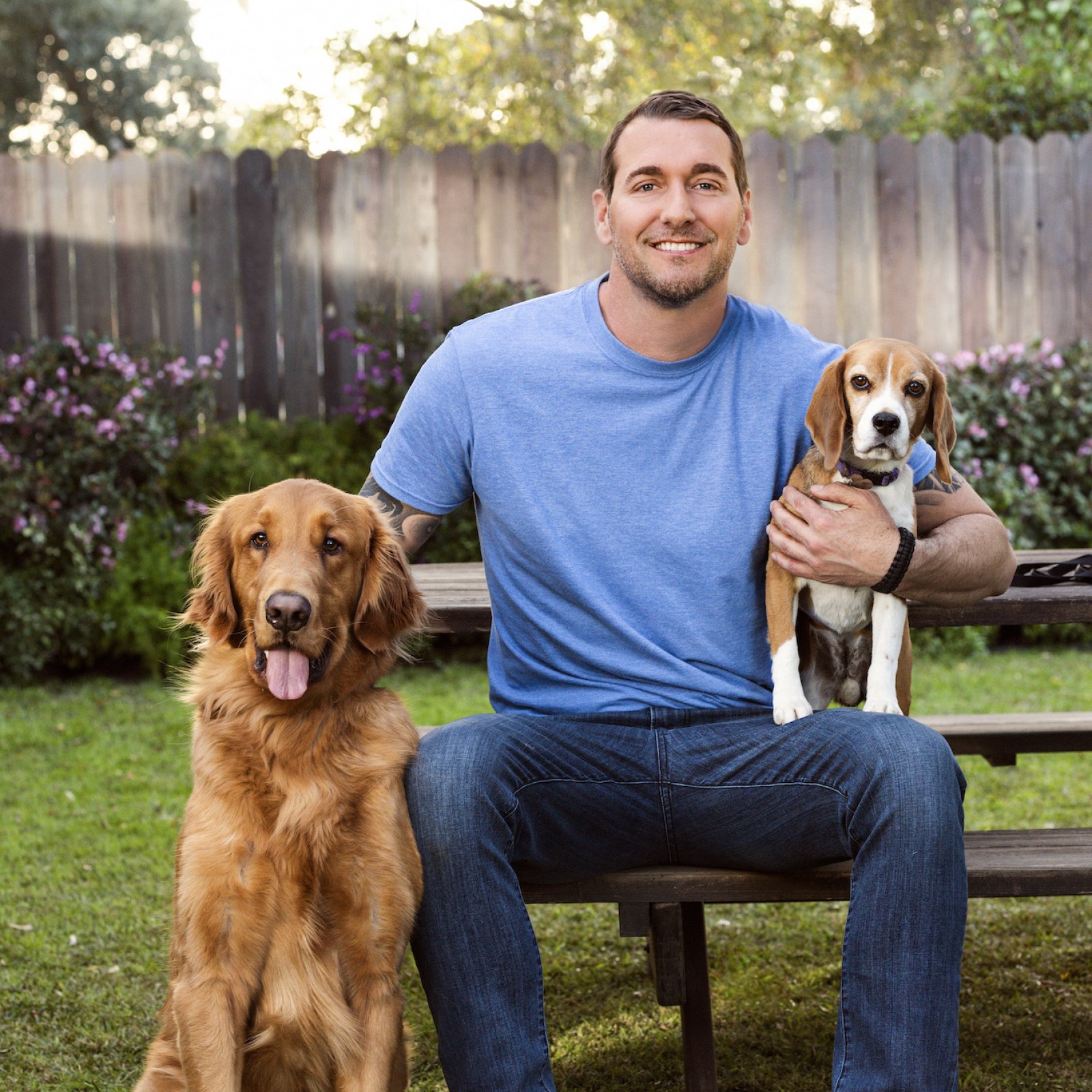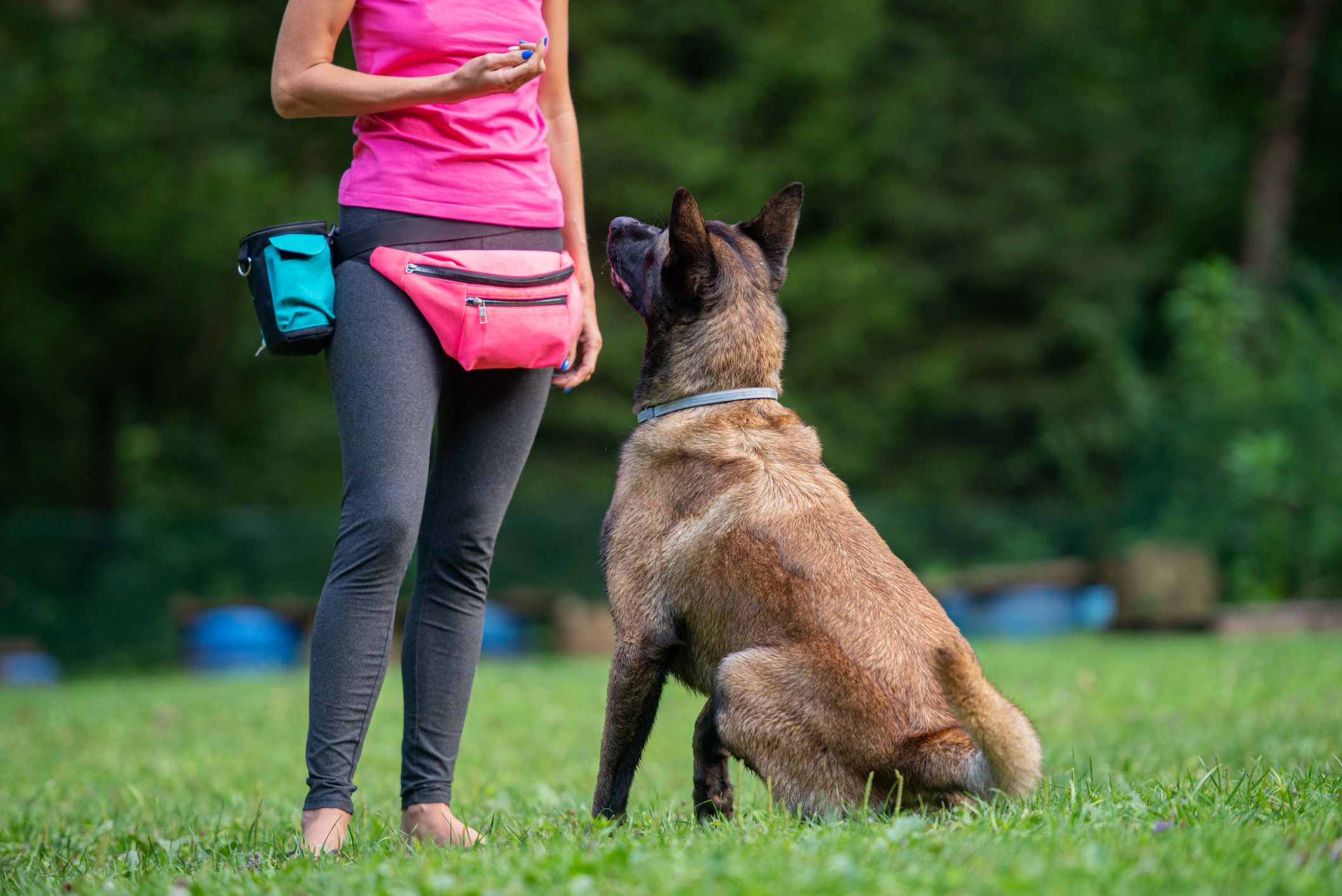Necessary Techniques for Efficient Dog Training You Required to Know
Necessary Techniques for Efficient Dog Training You Required to Know
Blog Article
Vital Tips for Effective Dog Training: An Overview for Pet Owners
Reliable canine training is a diverse process that requires a calculated method tailored to both the pet dog's character and the owner's objectives. Trick parts such as establishing consistent commands, utilizing positive reinforcement, and helping with early socializing play essential roles in fostering a well-adjusted canine companion. Several family pet owners come across challenges that can prevent development, leading to stress and uncertainty. Understanding exactly how to navigate these barriers can significantly boost the training experience, ultimately changing the connection between proprietor and dog. What are the vital strategies that can be used to guarantee success in this endeavor?
Understanding Dog Behavior
Comprehending canine behavior is essential for reliable training and promoting an unified connection in between pooches and their proprietors. dog training. Pet dogs connect mainly via body language, articulations, and actions, making it crucial for owners to interpret these signals accurately.

Socialization plays a substantial role in pet habits; exposure to different settings, individuals, and other animals can dramatically impact a pet dog's temperament. Aspects such as breed features and private temperament need to direct training techniques, as some breeds might have certain behavioral characteristics that demand customized techniques. By comprehending these components, owners can produce an encouraging environment that urges positive behavior, bring about successful training outcomes and a much deeper bond with their animals.
Establishing Regular Commands
Efficient interaction with your pet begins with establishing consistent commands. This foundational component of training is important for cultivating understanding in between you and your pet dog. Consistency in the commands you use ensures that your pet can accurately link specific words or phrases with the wanted actions.
When selecting commands, select clear, distinctive words that are simple to claim and set apart from each other. Prevent utilizing similar-sounding commands that might confuse your canine. For instance, using "rest" and "remain" is proper, yet "sit" and "hit" can lead to misunderstandings.
Additionally, keep the very same tone and volume for each and every command. Pet dogs are sensitive to vocal hints, so varying your tone can develop complication.
It is just as essential to make certain that all family members get on the very same page pertaining to the commands used. A united front in command usage will certainly prevent combined signals and strengthen the discovering process.
Favorable Support Strategies
The power of favorable support in pet training depends on its ability to motivate preferred actions through rewards and appreciation. This method is based in the principle that actions complied with by favorable end results are most likely to be duplicated. By integrating favorable reinforcement right into your training regimen, you can efficiently form your dog's behavior in a positive way.
To apply positive support, it's vital to determine what inspires your dog, whether it be treats, playthings, or verbal appreciation. When your canine does a preferred activity, such as sitting on command, quickly reward them with a treat or affection. This association between the command and the favorable result strengthens their understanding.
It's vital to timing the benefits appropriately; delivering the reinforcement within seconds of the wanted habits aids your dog make the link (dog training). In addition, uniformity is crucial-- guarantee that all household members use the same commands and benefit systems to prevent confusion

Progressively, you can reduce the frequency of deals with as your pet learns the actions, transitioning to commend or recurring incentives. This method not only promotes a strong bond in between you and your canine yet additionally promotes a positive understanding atmosphere, making educating a delightful experience for both.
Socialization and Communication
Consistently revealing your canine to a range of environments, people, and various other pets is vital for their social development. Socialization must start early, ideally throughout the crucial window of 3 to 14 weeks, when puppies are most receptive to new experiences. Older pets can additionally benefit from continuous socializing efforts.
Introduce your dog to different setups, such as parks, pet-friendly stores, and urban locations. This exposure assists them adapt to different stimulations, reducing stress and anxiety and concern feedbacks. Encourage favorable interactions with other pet dogs and people, making sure that these encounters are regulated and secure to promote self-confidence.
Utilize structured playdates with well-mannered canines, as this can enhance your pet dog's social skills and teach them proper behavior. Obedience classes and training sessions additionally give exceptional possibilities for socialization, allowing your dog to connect with others in a you could try this out monitored atmosphere.
Monitor your dog's body language throughout communications, as this will certainly help you assess their convenience degree. Gradually boost exposure to more tough situations explanation while making sure that each experience is favorable. A well-socialized canine is more probable to show well balanced behavior, making them a delight to have in any setting.
Dealing With Common Training Obstacles
Every canine owner will come across training difficulties eventually, no matter their canine's age or socialization level. Identifying usual concerns such as stubbornness, interruptions, and fearfulness can help in establishing reliable approaches for improvement.

Interruptions throughout training sessions can hinder focus. To battle this, start training in a quiet environment with very little stimuli. Progressively introduce interruptions as the canine becomes much more skillful in commands. Short, regular training sessions are also reliable in preserving attention.
Fearfulness can prevent a canine's learning procedure. Gradual desensitization to the source of concern, coupled with positive support, can help reduce anxiety. Perseverance is vital; never force a dog right into a scenario that triggers distress, as this may intensify the concern.
Eventually, understanding and resolving these typical challenges with an organized approach will cultivate an extra productive training experience, enhancing the bond in between canine and owner while promoting efficient understanding.
Final Thought
In summary, effective pet training relies upon a detailed understanding of canine behavior, the facility of regular commands, and the application of positive reinforcement techniques. Socializing plays a critical role in creating well-adjusted animals, while resolving usual training difficulties requires persistence and versatility. By carrying out these necessary techniques, pet dog proprietors can foster a strong bond with their dogs and promote desirable behaviors, ultimately causing a harmonious relationship between humans and their canine companions.
Recognizing dog habits is important for reliable training and promoting a harmonious partnership in between canines and their owners.Socialization site here plays a considerable duty in canine behavior; direct exposure to numerous environments, individuals, and other animals can substantially influence a pet's temperament.The power of positive support in pet dog training exists in its capability to encourage desired habits through rewards and praise. By incorporating positive reinforcement right into your training routine, you can efficiently form your pet dog's actions in a constructive fashion.
In recap, effective dog training relies on a comprehensive understanding of canine actions, the facility of consistent commands, and the application of favorable support techniques.
Report this page